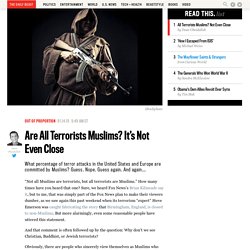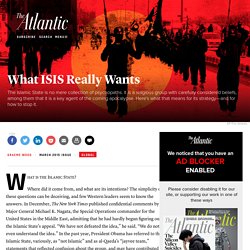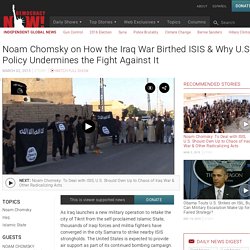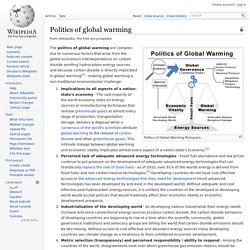

Are All Terrorists Muslims? It’s Not Even Close. Motorcycles and minibuses, fake IDs and frantic calls.

This is how a former spy and battlefield commander leaves the Islamic State. For all the attention paid to ISIS, relatively little is known about its inner workings. But a man claiming to be a member of the so-called Islamic State’s security services has stepped forward to provide that inside view. This series is based on days of interviews with this ISIS spy. Read Part One here, Part Two here, and Part Three here. Part Four: Escaping the Islamic State ISTANBUL — Abu Khaled looked at me across the outdoor hookah café table in the touristy Laleli district of Istanbul. Even though ISIS terror had struck inside Turkey the week before, the organization calling itself the Islamic State, al-Dawla al-Islamiya, felt very far away. “People started feeling bad about all the lying,” he said.
They see themselves as superior—holier than thou in the proper definition. Abu Khaled was told that if he kept talking like that, he’d lose his head. What ISIS Really Wants. What is the Islamic State?

Where did it come from, and what are its intentions? The simplicity of these questions can be deceiving, and few Western leaders seem to know the answers. In December, The New York Times published confidential comments by Major General Michael K. Nagata, the Special Operations commander for the United States in the Middle East, admitting that he had hardly begun figuring out the Islamic State’s appeal. “We have not defeated the idea,” he said. The group seized Mosul, Iraq, last June, and already rules an area larger than the United Kingdom. Our ignorance of the Islamic State is in some ways understandable: It is a hermit kingdom; few have gone there and returned.
The Islamic State, also known as the Islamic State of Iraq and al-Sham (ISIS), follows a distinctive variety of Islam whose beliefs about the path to the Day of Judgment matter to its strategy, and can help the West know its enemy and predict its behavior. But Adnani was not merely talking trash. How ISIS came from Iraq. Guests Noam Chomsky world-renowned political dissident, linguist and author.

He is institute professor emeritus at Massachusetts Institute of Technology, where he has taught for more than 50 years. His forthcoming book, co-authored with Ilan Pappé, is titled On Palestine. This is viewer supported news Donate As Iraq launches a new military operation to retake the city of Tikrit from the self-proclaimed Islamic State, thousands of Iraqi forces and militia fighters have converged in the city Samarra to strike nearby ISIS strongholds. This is a rush transcript. AMY GOODMAN: This is Democracy Now! AARON MATÉ: Yes. NOAM CHOMSKY: Patrick Cockburn, who has done by far the best reporting on this, describes it as an Alice in Wonderland strategy.
ISIS is a monstrosity. AMY GOODMAN: We have 20 seconds. NOAM CHOMSKY: Hmm? NOAM CHOMSKY: Yeah. AMY GOODMAN: We’re going to have to leave it there, but we’ll continue this discussion tomorrow on Democracy Now! 'Strong Proud Free': Cabinet Secrecy Blocks Rationale Behind Harper Government's Ad Slogan. OTTAWA - Strong.

Proud. Free. And a state secret. The genesis of the Harper government's "Strong Proud Free" slogan that is currently bombarding Canadian television viewers is considered a cabinet confidence and will be sealed from public scrutiny for 20 years. A request by The Canadian Press under the Access to Information Act seeking any background rationale for the tagline, which is being used to punctuate all the latest taxpayer-funded advertising, has come up empty. That's because a 149-page Treasury Board submission on advertising has been deemed advice to cabinet, placing it behind a lead sheet of secrecy that even the federal information commissioner can't penetrate. Politics of global warming. Politics of Global Warming Pictogram.

The politics of global warming are complex due to numerous factors that arise from the global economy's interdependence on carbon dioxide emitting hydrocarbon energy sources and because carbon dioxide is directly implicated in global warming[1] - making global warming a non-traditional environmental challenge: Implications to all aspects of a nation-state's economy - The vast majority of the world economy relies on energy sources or manufacturing techniques that release greenhouse gases at almost every stage of production, transportation, storage, delivery & disposal while a consensus of the world's scientists attribute global warming to the release of carbon dioxide and other greenhouse gases.
Nontraditional Environmental Challenge Carbon dioxide and a nation-state's economy Energy Consumption Linked to CO2 Emissions source: USDOE EIA IEO 2011 lightingheating & coolingrefrigerationproduction of productscomputing and telecommunications Governance See also.